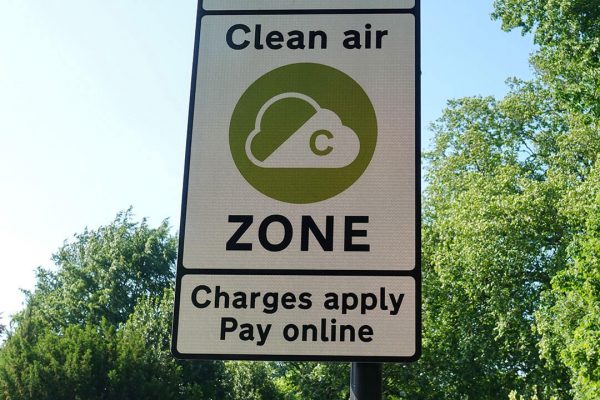Demand for shared transport is predicted to grow over the next decade amid a shift in mobility trends.
Shared transport, or when companies provide corporate coach and minibus hire, can be a quick win for businesses in the move towards shared mobility.
It is especially important in towns and villages where there are few alternatives to private cars yet there is a need to move people during peak times.
Changing urban mobility trends include the increasing demand for shared and micro-mobility solutions to ease congestion and provide a sustainable alternative.
As well as getting around easier, a desire to improve places by cutting carbon emissions, car dependency and congestion play a part in the predicted surge in shared mobility.
“Less dominance by private cars means more space for people, green spaces, parklets and cafes, and breathable air,” Smart Transport chair Stephen Joseph told Fleet News.
Many consider sustainable transport to be more important than before the energy crisis, with a growing number of users moving to greener, shared shuttles as an easy alternative to low-occupancy vehicles including EVs.
While there are advantages of using electric bikes and scooters, necessary infrastructure must be built to compliment public transport services, it was noted at the conference ‘Has shared mobility reached its peak?’.
Conscious of the environmental impact of travel, city leaders are making sustainable transport an attractive option.
Car-free zones, congestion charges and an increase in parking fares were introduced or proposed in a bid to improve air quality and reduce traffic.
And it is predicted we will see a shift in more passengers being driven.
By 2030, shared mobility could generate up to $1 trillion in consumer spending, according to McKinsey & Company.
An assumed two out of five would travel sustainably, car-ownership declines and roads become less congested. Consumers would require more shared-mobility options and there would be more green space as parking areas are freed up.
In another scenario, robo-taxis and robo-shuttles undercut private-vehicles in urban and suburban areas.
While transporting employees and merchandise is not new, companies are progressively looking to meet the challenges of the sustainable mobility of its people and goods.
Rapid advancements in technology are another reason mobility is changing. Businesses can implement a sustainable, shared transport service that can be booked on demand, such as with the Kura app, and reduce carbon footprints.
Kura can help you provide safer, greener and smarter travel for your employees.
Learn more.
Sources:
https://www.mckinsey.com/industries/automotive-and-assembly/our-insights/shared-mobility-sustainable-cities-shared-destinies
https://www.fleetnews.co.uk/news/environment/2023/02/24/new-report-explores-urban-mobility-trends
https://group.bnpparibas/en/news/autonomy-paris-2023-7-key-trends-to-accelerate-sustainable-mobility-solutions

